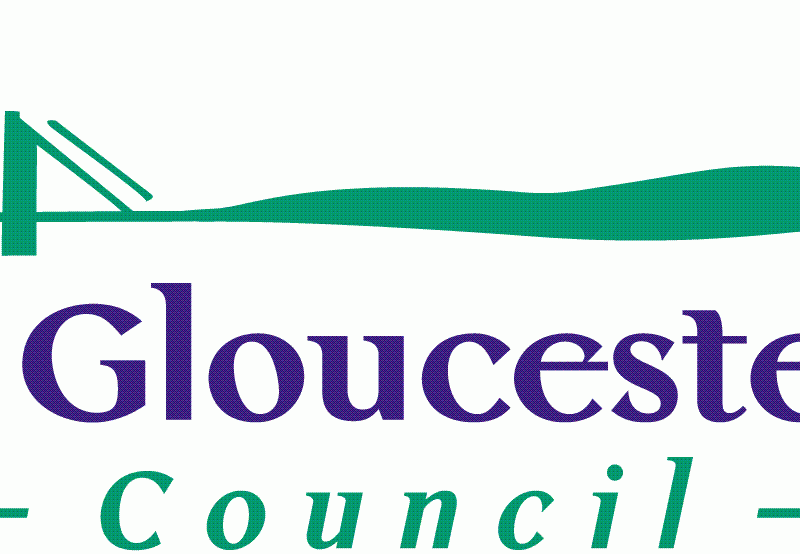SOUTH Gloucestershire is at risk of running out of taxis – and councillors are so worried, they could scrap a planned rule that every one must be made accessible for wheelchairs.
The number of hackney carriages, which can be flagged down by passengers on the street, has plummeted from 300 in 2016 to 81 this year.
Seven years ago, the council decided all taxis must be wheelchair accessible. But the deadline for compliance has been pushed back twice and the rule has never come into force: only 25 of the current fleet have the necessary ramps and facilities.
Now councillors have agreed to delay the deadline again, until June next year, while officers review the authority’s licensing policy and consult the public.
The biggest concern is the huge cost of converting a vehicle, at a time when many drivers have already given up on the trade.
A report to the council’s regulatory committee in May said that, should the decline in the number of hackney cabs continue, the district “runs a risk of having no, or so few, Hackney Carriage taxi vehicles that any policy would be ineffective and be of detriment to all members of the public”.
The total number of licensed vehicles has increased, from 450 in 2016 to more than 3,000 last year. But this includes a huge rise in private hire vehicles, which have to be pre-booked, including via apps like Uber.
The report said most wheelchair-accessible vehicles currently available are diesel powered, and there is “genuine concern” drivers will be required to buy hybrid or electric vehicles if the council’s goal is for all licensed vehicles to be electric by 2030.
The report said wheelchair-accessible electric vehicles are “currently prohibitively expensive”, and the council could not force private hire vehicles to be accessible.
Imploring councillors not to scrap the policy, David Redgewell, of South Gloucestershire Disabilities Equalities Network, told the meeting in May: “We’re very concerned about the level of wheelchair accessible taxis in the district. We only have 25 to cover an area from Filton right up to Wickwar, Charfield and the villages.
“It’s very difficult to get a wheelchair taxi in South Gloucestershire.
“We would urge you not to go backwards.”
Council service director for place Andrew Birch said a “full-scale review of the whole taxi policy”, including a 12-week public consultation, would happen this year.
Mr Birch said the number of wheelchair-accessible vehicles had fallen from 31 in 2016 to 25 now, prices were rising and moving from a saloon car to a wheelchair-accessible vehicle costs drivers “tens of thousands of pounds extra”.
Mike Drew (Lib Dem, Yate North) said: “Ideally any disabled person should be able to hail down any passing taxi and make use of it.”
But he said the “very difficult situation” meant councillors had been weighing idealism against practicality.
Keith Cranney (Con, Stoke Gifford) said there was not a “gigantic” number of people wanting to take a wheelchair into a taxi.
He said: “How can you just hail a taxi and expect them to have a wheelchair ramp and hoist and everything else on board? It comes at a great cost.”
By Adam Postans, Local Democracy Reporting Service


